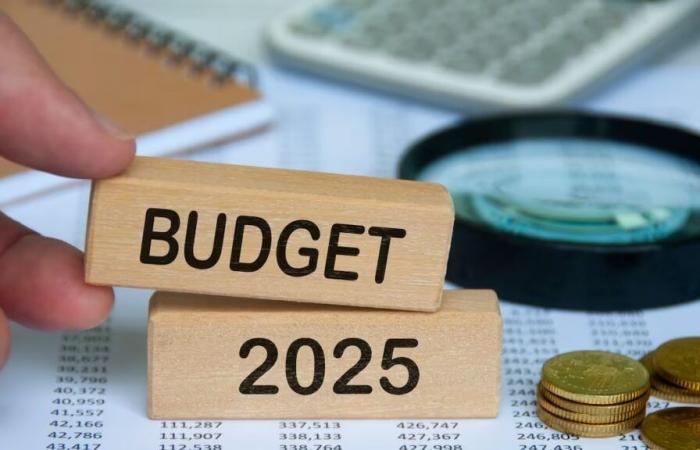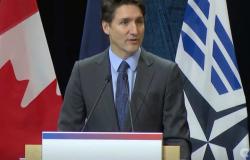The main tax innovations contained in the Finance Bill (PLF-2025) were at the heart of a consultation meeting organized on Thursday in Rabat, at the initiative of the Chamber of Commerce, Industry and Services ( CCIS) of the Rabat-Salé-Kénitra region.
This meeting, led by university professors and accountants, is part of the annual commitment of the CCIS to formulate its observations and proposals during the discussion of the PLF, and to take note of its tax innovations, as well as the conditions and context of their implementation.
Speaking on this occasion, the president of the CCIS-RSK, Hassan Sakhi, highlighted the new tax measures contained in the PLF-2025 aimed at encouraging and stimulating investment projects in strategic sectors, such as industry and renewable energies, by granting them tax exemptions.
Some of these measures go in the direction of combating tax evasion and broadening the tax base by integrating certain informal economic activities into the tax system, he noted, adding that Other measures target tax reforms aimed at improving tax fairness and reducing the burden on small and medium-sized businesses.
Read also|Income tax reform: the mainstay of the PLF 2025
For his part, the accountant, Mohammed Amine Ouazzani, highlighted the measures and provisions contained in the PLF 2025 which fit “in a national context marked by the launch of numerous social projects, as well as a context international marked by a drop in inflation and the prices of raw materials and energy.
He also discussed the main new developments in terms of VAT, in particular the widening of its scope of exemption, as well as the increase in the minimum VAT revenue allocated to local authorities.
This meeting took place in the presence, in particular, of economic players, representatives of professional organizations, chartered accountants, chartered accountants and notaries, as well as members of the CCIS-RSK.






